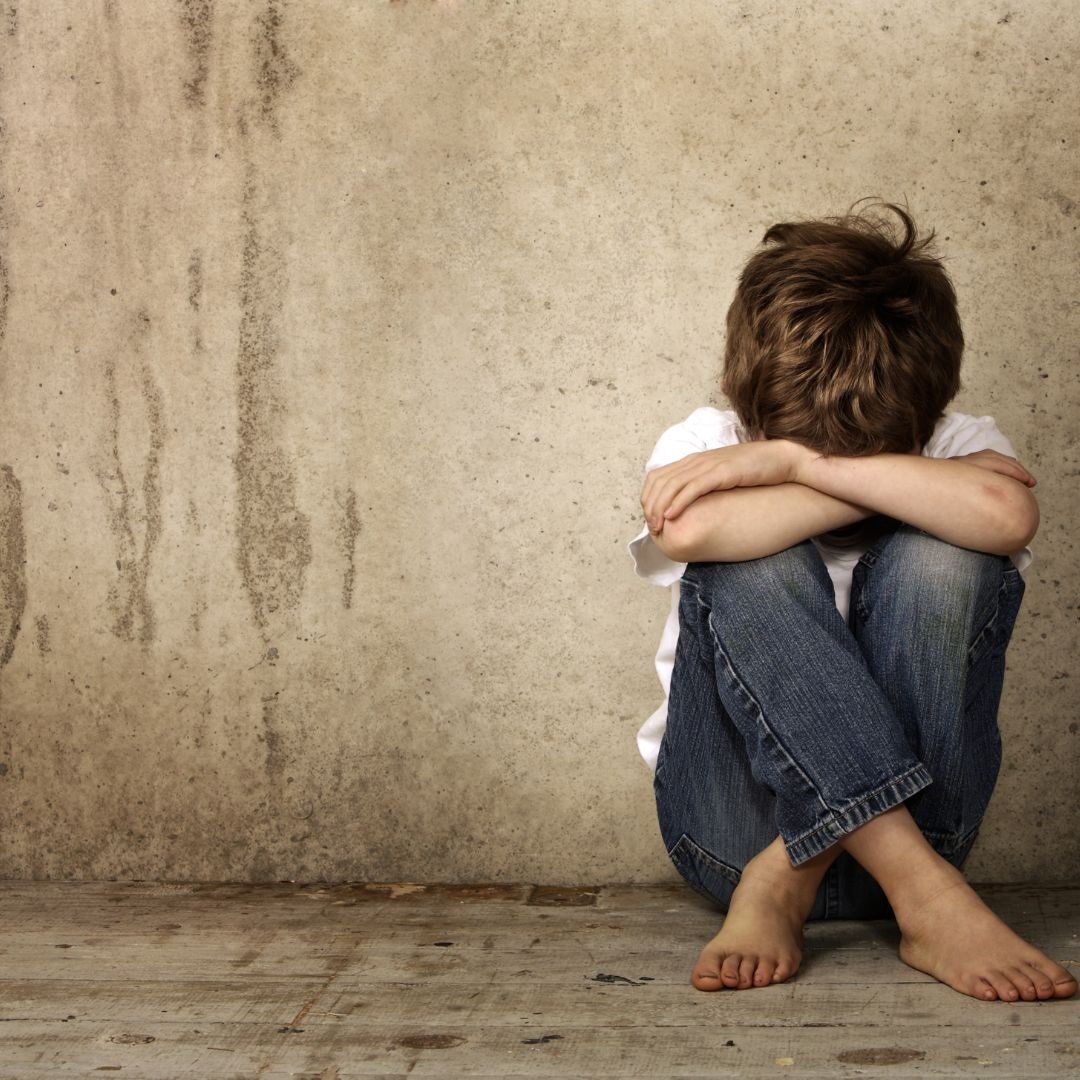Managing Contact Safely: Supporting Families Through Trauma
At Jannawi Family Centre, we understand the complexities of family dynamics, particularly when domestic violence is involved. Managing contact safely is a crucial aspect of protecting children and supporting parents who have survived abusive relationships. In early 2022, we were referred a case that highlighted these challenges and the importance of trauma-informed, child-centred interventions.

Identifying the Risks
A referral was received from a child and adolescent mental health facility for a young boy, aged nine, who was exhibiting self-harm behaviours and expressing a wish to die. During the intake process, our social worker identified a history of domestic violence experienced by the boy and his mother at the hands of his natural father. While physical harm had occurred in the past, the primary abuse was emotional and psychological, including shouting, putdowns, aggression, derogatory language, and coercive control.
The underlying issue impacting the child’s mental health was the violence he was subjected to during contact visits with his father. Despite these concerns, he continued to have fortnightly contact with his father, who was living with his own mother. The boy reported that his father frequently shouted at and intimidated his grandmother, leaving her unable to protect him.
Providing Support and Safety Planning
Our intervention focused on supporting the mother and child in a holistic and trauma-informed manner.
This included:
- Supporting Mum’s Healing and Recovery: Providing emotional support and coaching to help her navigate communication with her ex-partner safely.
- Safety Planning: Developing strategies to minimize distress during and after contact visits.
- Court Advocacy: The mother successfully obtained sole parenting orders for her son but remained concerned about his ongoing distress after visits.
Despite our efforts, the father refused to engage with our service. However, after a particularly distressing contact visit—where the child disclosed witnessing his father screaming and fighting with his own brother—our team reached out to the father. While he was argumentative, dismissive, and demeaning towards his former partner, we maintained a professional and child-focused approach, reinforcing that our primary concern was the well-being of his son.
Creating Psychological Space for Mum and Child
To provide further support to the mother and alleviate some of her distress, we invited the father to contact us if he had any concerns about his son. While he chose not to engage, this approach allowed us to create a psychological buffer for the mother, giving her some relief from direct confrontation.
Eventually, the father began meeting with his son online and moved residences without disclosing his whereabouts. This added further challenges, highlighting the unpredictable nature of coercive control. However, by this stage, the mother and child had built a strong safety network, and our support remained steadfast.
The Importance of Trauma-Informed Support
This case underscores the critical need for trauma-informed, child-centred approaches when working with families impacted by domestic violence. By prioritizing safety, empowering survivors, and creating space for healing, we can support children and their caregivers in rebuilding their lives free from fear.
At Jannawi Family Centre, we continue to stand alongside families, advocating for safer contact arrangements and providing the necessary support for healing and resilience. If you or someone you know needs support, please reach out—we are here to help.

